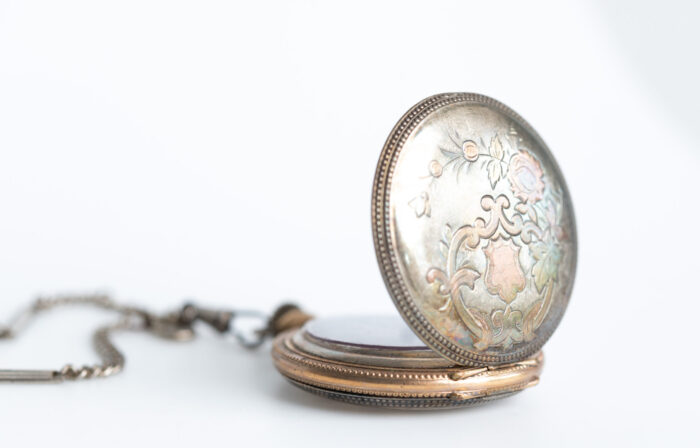80th anniversary of the Warsaw Uprising: New campaign to return personal effects to families in Poland

On August 1, 2024, 80 years will have passed since the start of the Warsaw Uprising, when the Polish Home Army rose up against the German occupiers. With only a few months left to go before the anniversary, the Arolsen Archives are now launching a new campaign titled “The Warsaw Uprising. 100 Untold Stories.”
In the summer of 1944, Polish resistance fighters in Warsaw launched an uprising against the German occupation. They fought for over two months, outnumbered and outgunned by the German troops, who eventually put down the uprising and destroyed the city almost completely. The Nazis killed at least 150,000 combatants and civilians. And they arrested and deported tens of thousands more to concentration camps, where they stripped the new inmates of all the personal belongings they had with them at the time.
Untold stories of the Warsaw Uprising
The Archives in Bad Arolsen still hold around 100 envelopes that contain the personal belongings of people who were deported from Poland’s capital city during the Uprising. The Arolsen Archives are launching the campaign “The Warsaw Uprising. 100 Untold Stories” to encourage institutions, schools, the media, and the public to help trace these people’s families with the aim of returning the objects and clarifying the fates of the victims.
These personal effects of people who lived in Warsaw – including photos, letters, and jewelry – are part of a collection of over 2,000 envelopes still stored in Bad Arolsen.


Final mementoes of loved ones
One hundred envelopes containing personal items that belonged to people who lived in Warsaw are still stored in Bad Arolsen and are now to be returned
Personal effects
The SS stored the personal effects of concentration camp inmates – pocket watches and wedding rings, tickets, fountain pens, family photos, and the like – in so-called personal effects storage rooms in the camps. But it was a different story in the extermination camps in occupied Poland and Belarus, where the perpetrators collected the belongings of the people they had murdered and disposed of them. Many of the personal effects storage rooms were destroyed and looted at the end of the war. However, due to a series of coincidences, a few collections of personal effects from the Neuengamme and Dachau concentration camps and various other places of detention escaped destruction and were recovered by the Allies. In the immediate post-war period, various parties – including organizations set up by former prisoners – tried to return these personal belongings to the survivors themselves or to the families concerned. Unfortunately, these efforts were often in vain.
Campaign aims to return personal effects and clarify fates
The Director of the Arolsen Archives, Floriane Azoulay, places great importance on returning these personal items to the families concerned: “With the launch of this campaign to mark the 80th anniversary of the Warsaw Uprising, we have set ourselves the goal of finding all 100 families and returning these objects – which are so very valuable for remembrance – to the relatives of the people who owned them. Because they belong to the families, not to the archive,” she explains.
In addition to the objects themselves, the families of the victims of Nazi persecution will also receive copies of documents from the Arolsen Archives that shed light on the fate of their loved ones. Often, families only find out what happened to their relatives when they see these documents. “So as well as trying to return these final mementoes, we are also trying work with the relatives to reconstruct the fates of the victims and preserve their memory,” observes Anna Meier-Osiński, the initiator of the campaign “The Warsaw Uprising. 100 Untold Stories.”

